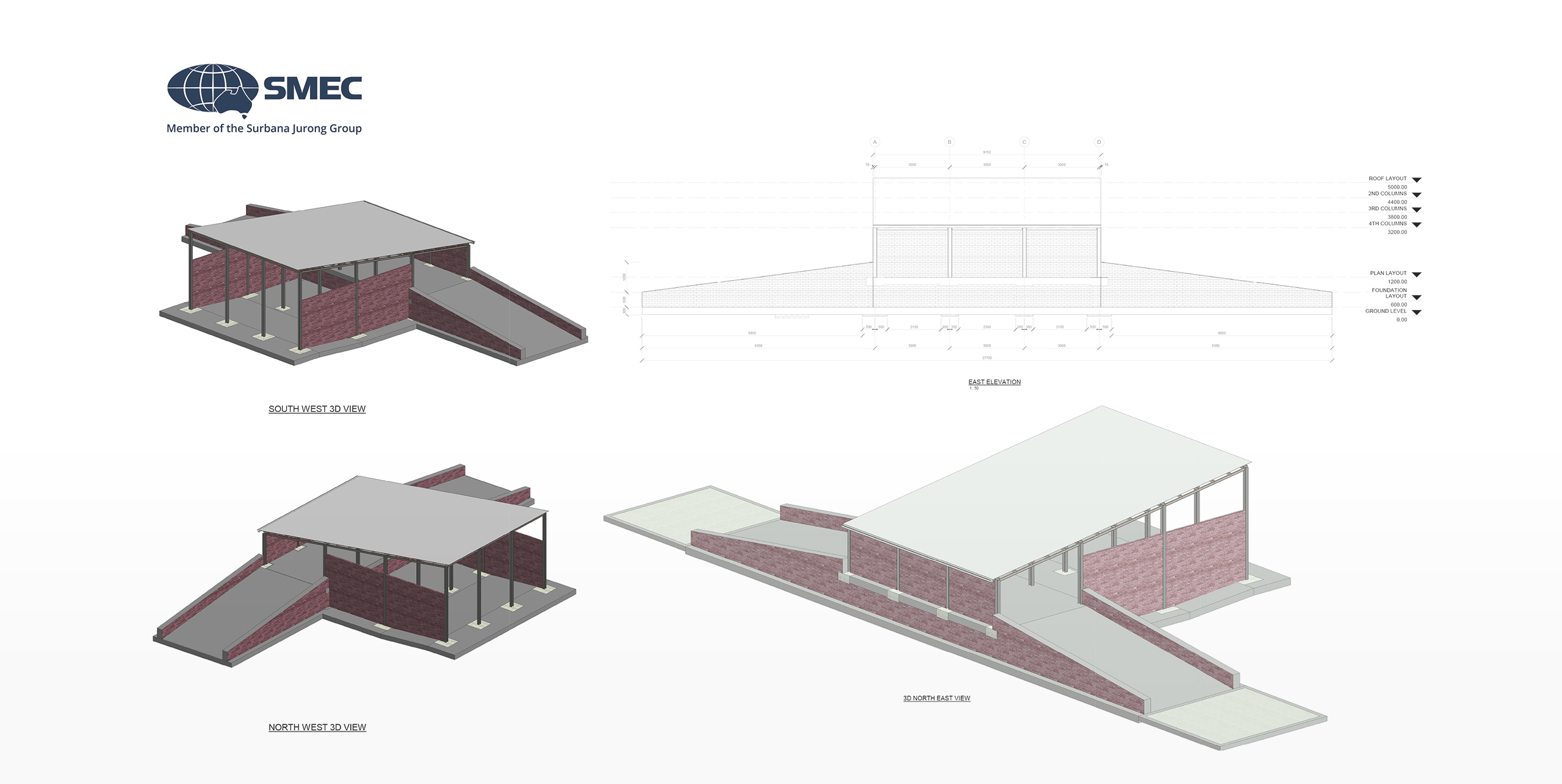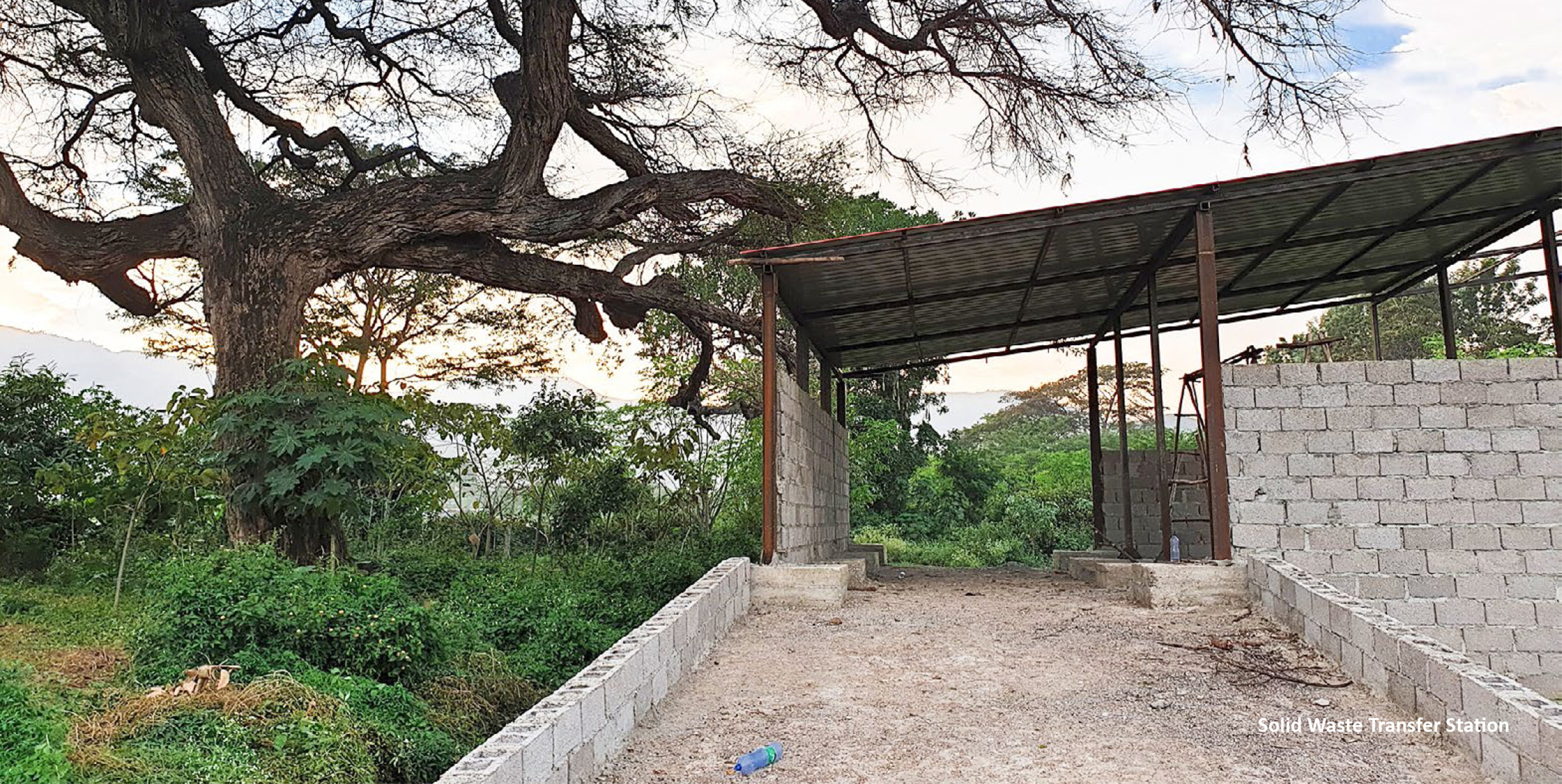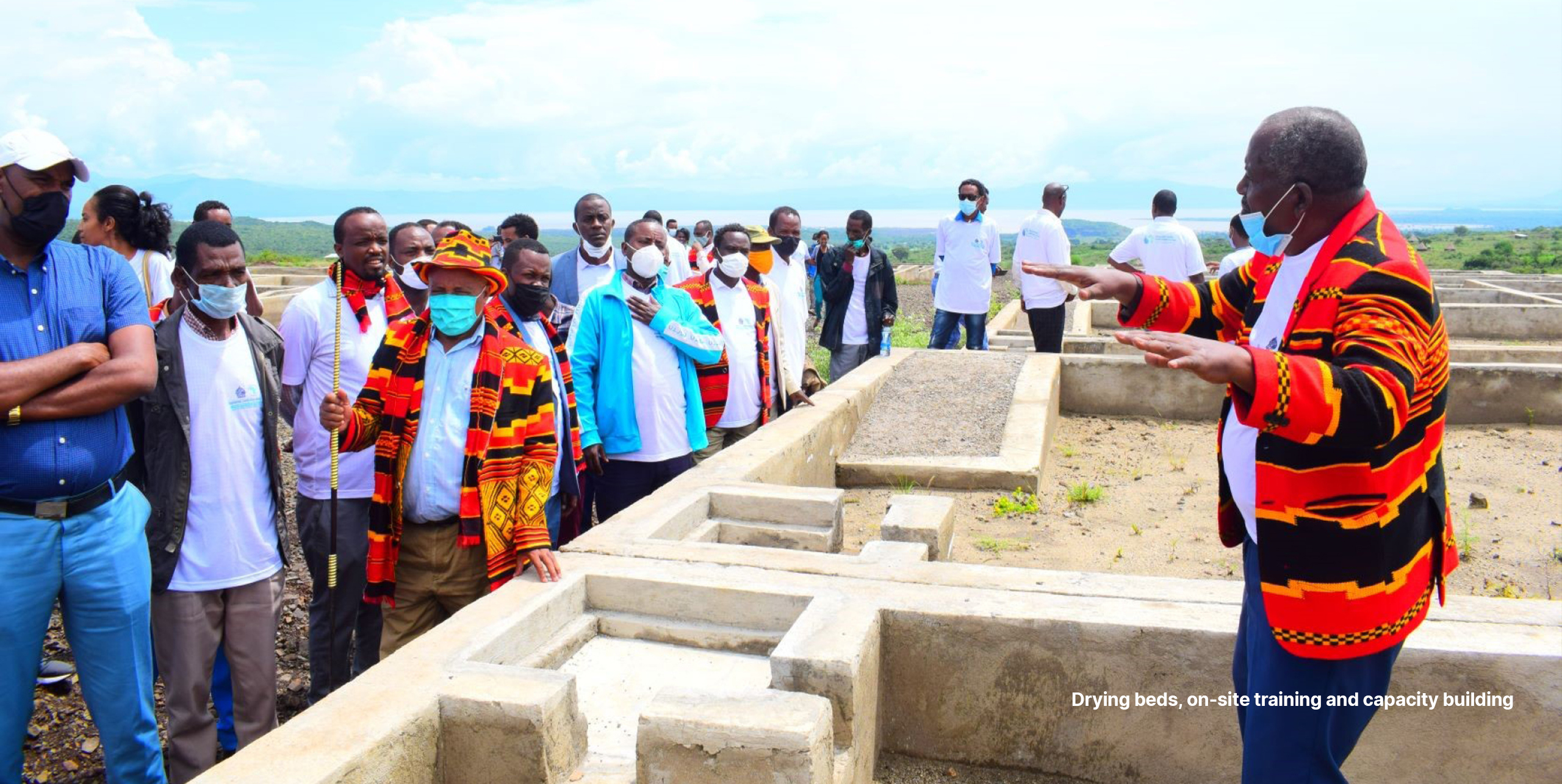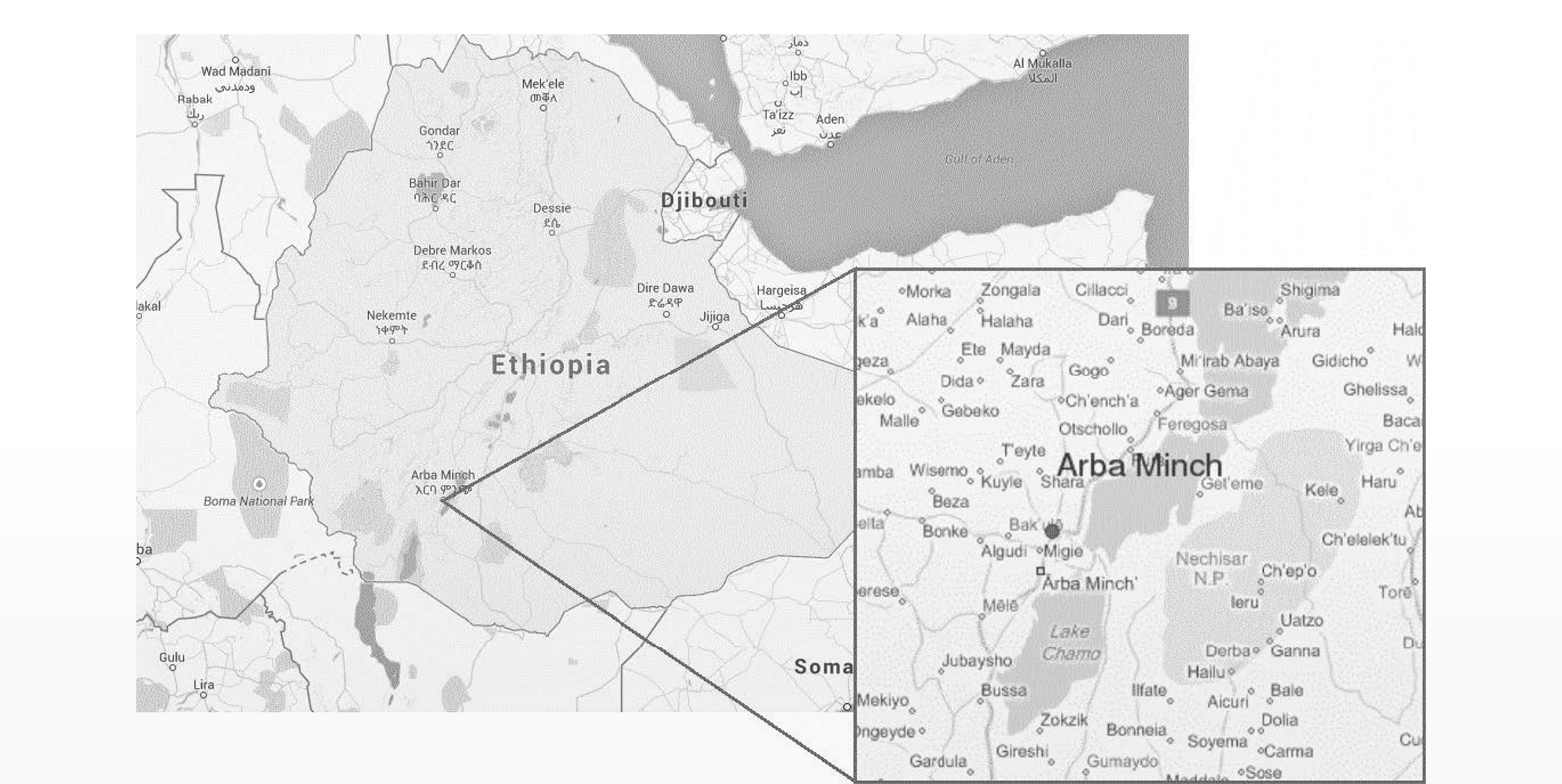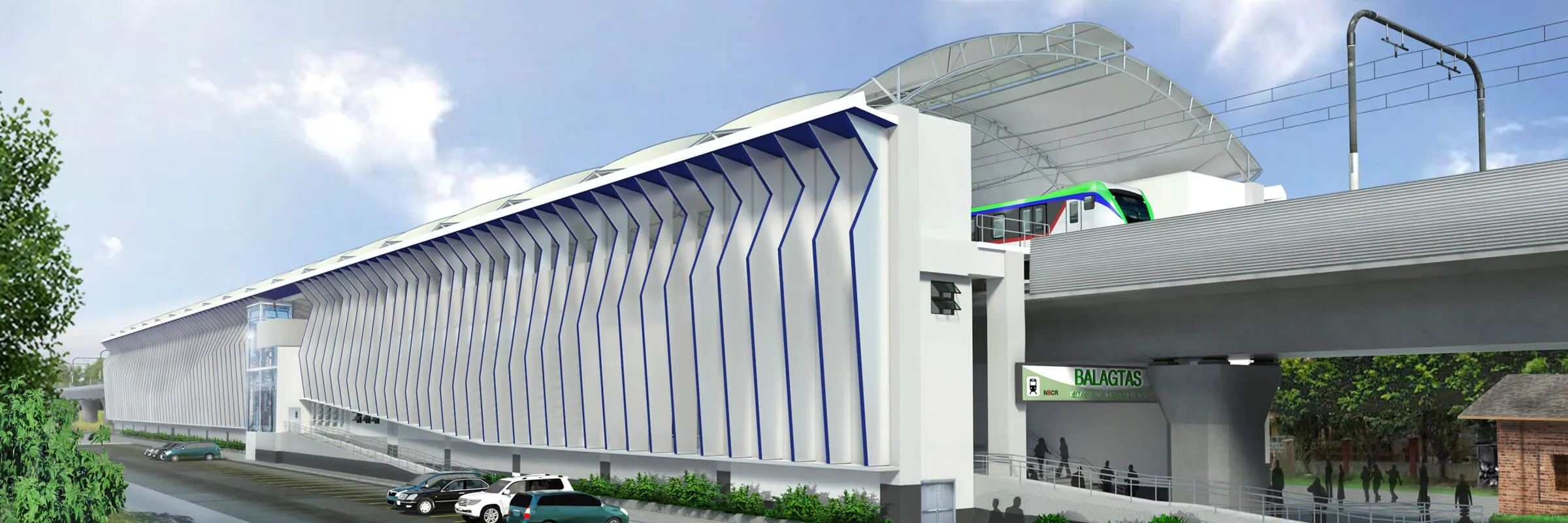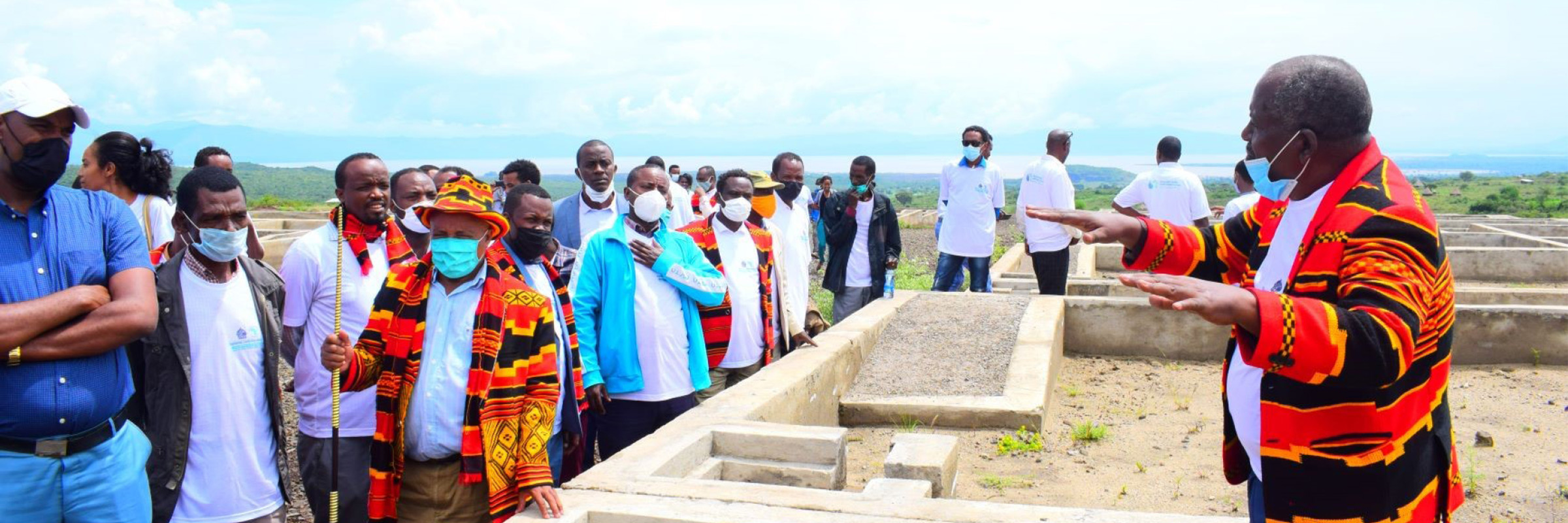

Challenge
Due to rapid population growth, the southern Ethiopian town of Arba Minch was struggling to provide infrastructure and basic amenities in line with the pace of urbanisation, resulting in insufficient toilet and sanitation facilities.
The town had no piped sewage system and unhygienic sludge from septic tanks was discharged into the environment without being treated. The sludge disposal was upstream of the groundwater wells, the primary source of water supply to the town. This, along with practices such as open defecation, posed a significant health and hygiene risk.
The town could not afford to install a sewage drainage network with a conventional treatment plant, nor did they have the technical capacity to operate one. Arba Minch’s communities needed a sustainable, low-cost solution that could be developed by small-scale construction firms and would be relatively inexpensive to maintain and operate.
Solution
The SMEC project team decided to take an holistic approach to the problems of sanitation and solid waste disposal by designing a system that would be inexpensive to implement and easy to manage.
SMEC delivered the following services to progress sanitation planning capabilities in Arba Minch and improve the existing sanitation service chain:
- Development and facilitation of capacity building and training programs
- Preliminary design of solid waste transfer stations and fecal sludge treatment facilities
- Facilitation of toilet construction and end-products like compost
- Support to solid waste service providers, compost producers, and sludge treatment operators
- Development of compost quality monitoring and assurance systems
- Procurement and implementation support to the client.
Relevant stakeholders were engaged in strategic and operational sanitation planning, as well as the delivery of these services within the sanitation service chain.
Our ‘back to basics’ approach involved modifying sewage treatment processes used by ancient Greek communities to provide a modern, sustainable solution. This method leverages natural degradation processes and relies on the sun’s ultraviolet light to stabilise and treat the liquid waste before it is discharged to the local environment. Sludge solids are dried and recycled into organic fertiliser, which is then sold to local farmers for their banana and coffee plantations. This solution is low-cost, requires no electricity supply and is environmentally sustainable.
Impact
The project is in accordance with the Monitoring and Evaluation Framework of the One WASH National Program of Ethiopia. The Program brough together four key government ministries and their related sectors to modernise the way water and sanitation services are delivered to communities.
Completed in 2020, the solution provides Arba Minch with sustainable amenities for the next 10-15 years. The project has improved sanitation service levels for 100,000 residents, reducing environmental contamination and risks related to water-borne diseases.
Economic opportunities have also been created for people who recycle the dried sludge. Local authorities have praised the outcomes of the project which has been used as a showcase for other towns in Ethiopia.
Arba Minch, Ethiopia
Arba Minch Town Municipality
Africa Development Bank
2017-2019
